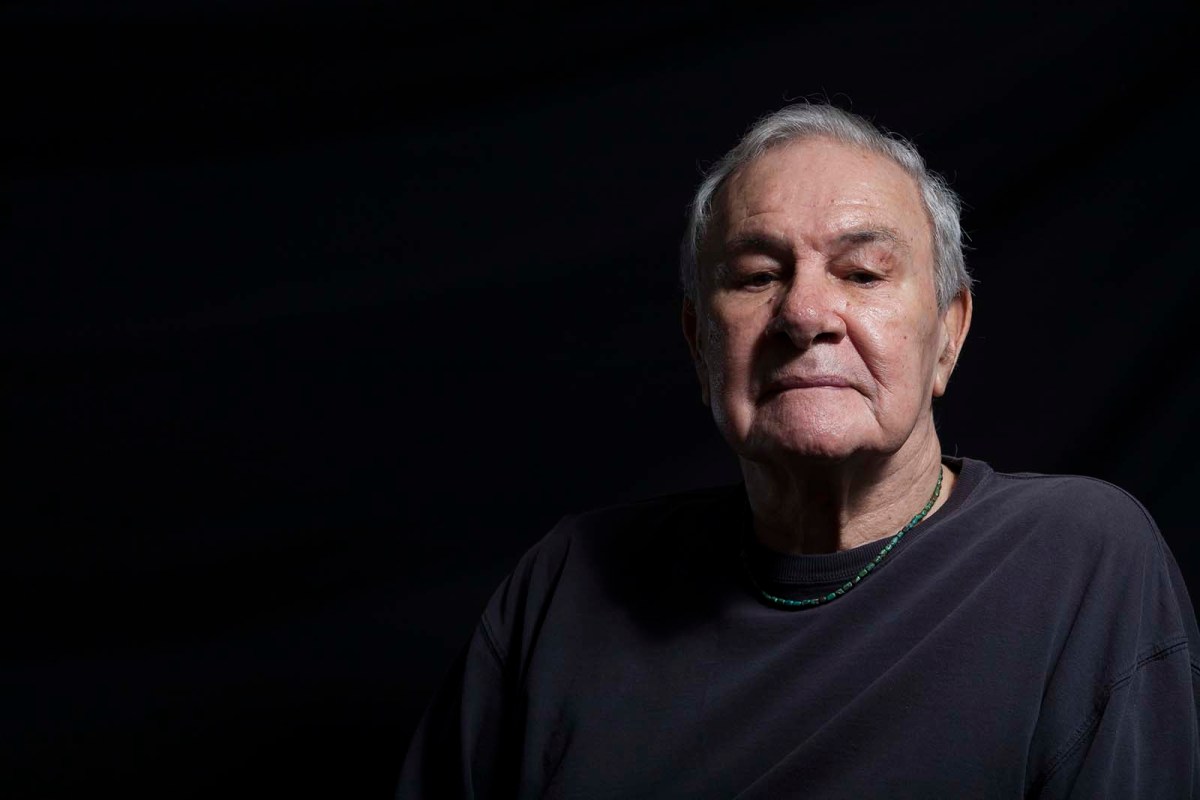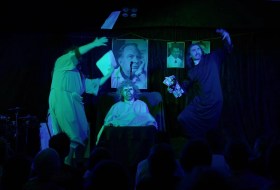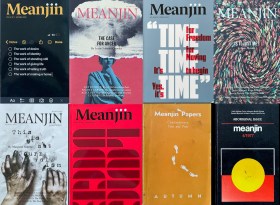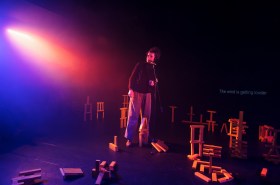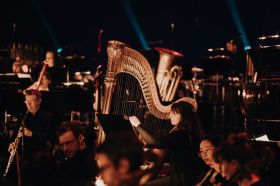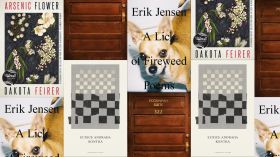Aboriginal and Torres Strait Islander readers are advised that this article contains the name and photographs of a person who has died.
Australia’s first Aboriginal ballet dancer, the author, actor, choreographer, director and gay rights activist Noel Tovey AM, has died aged 90.
